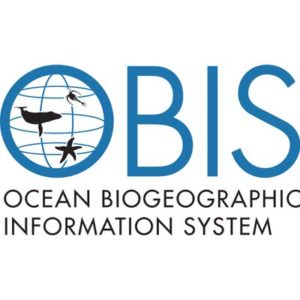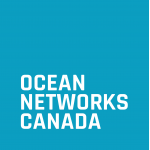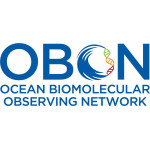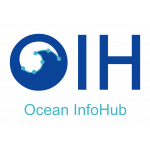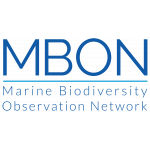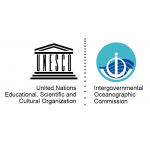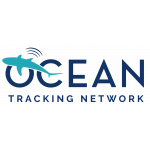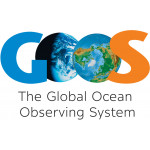OBIS
Ocean Biogeographic Information System
Established: 2000
| Organisation type: | Programme |
| Geographical scope: | Global |
| Member countries: | |
| Participating countries: | Argentina, Australia, Belgium, Brazil, Canada, Chile, China, Colombia, Denmark, Germany, Greece, Iceland, India, Indonesia, Iran, Islamic Republic Of, Ireland, Japan, Kenya, Malaysia, New Zealand, Senegal, South Africa, Ukraine, United Kingdom, United States, Venezuela, Bolivarian Republic Of |
| Funding source | Percentage |
|---|---|
|
%
|
|
|
%
|
|
|
%
|
|
|
%
|
|
|
%
|
|
|
%
|
|
|
%
|
|
|
%
|
|
|
%
|
Organisation’s vision:
To be the most comprehensive gateway to the world’s ocean biodiversity and biogeographic data and information required to address pressing coastal and world ocean concerns.
Organisation’s mission:
To build and maintain a global alliance that collaborates with scientific communities to facilitate free and open access to, and application of, biodiversity and biogeographic data and information on marine life.
Organisation’s objectives (if different from the Mission):
- Provide world’s largest scientific knowledge base on the diversity, distribution and abundance of all marine organisms in an integrated and standardized format (as a contribution to Aichi biodiversity target 19)
- Facilitate the integration of biogeographic information with physical and chemical environmental data, to facilitate climate change studies
- Contribute to a concerted global approach to marine biodiversity and ecosystem monitoring, through guidelines on standards and best practices, including globally agreed Essential Ocean Variables, observing plans, and indicators in collaboration with other IOC programs
- Support the assessment of the state of marine biological diversity to better inform policy makers, and respond to the needs of regional and global processes such as the UN World Ocean Assessment (WOA) and the Intergovernmental Science-Policy Platform on Biodiversity and Ecosystem Services (IPBES)
- Provide data, information and tools to support the identification of biologically important marine and coastal habitats for the development of marine spatial plans and other area-based management plans (e.g. for the identification of Ecologically or Biologically Significant marine Areas (EBSAs) under the Convention on Biological Diversity.
- Increase the institutional and professional capacity in marine biodiversity and ecosystem data collection, management, analysis and reporting tools, as part of IOC’s Ocean Teacher Global Academy (OTGA)
- Provide information and guidance on the use of biodiversity data for education and research and provide state of the art services to society including decision makers
- Provide a global platform for international collaboration between national and regional marine biodiversity and ecosystem monitoring programmes, enhancing Member States and global contributions to inter alia, the Global Ocean Observing System (GOOS) and the Global Earth Observing System of Systems (GEOSS)
Keywords
- Marine Ecosystems
- capacity development
- ocean biodiversity
- open data
Activities
- Data management, interoperability, sharing, access, open data policies
- Provision of (ocean) information services
- Training scientists/technicians
grants observer/participant/member status to
 Instituto de Investigaciones Marinas y Costeras “José Benito Vives de Andréis”
Instituto de Investigaciones Marinas y Costeras “José Benito Vives de Andréis”
